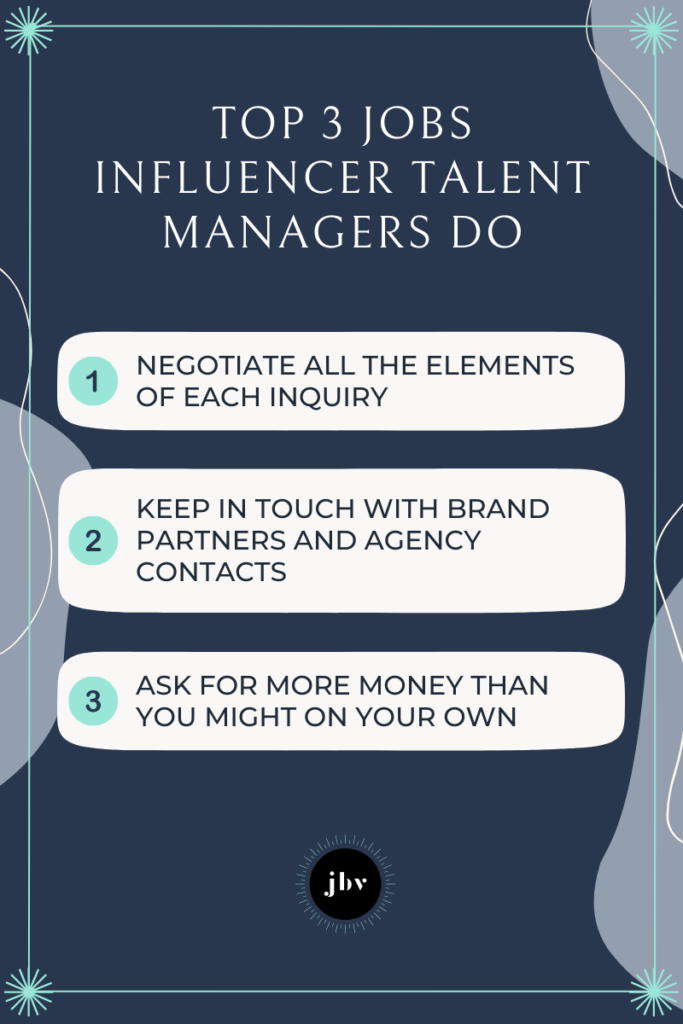What Does The Casting Connection Do?
What Does The Casting Connection Do?
Blog Article
The smart Trick of The Casting Connection That Nobody is Discussing
Table of ContentsSee This Report on The Casting ConnectionThe Casting Connection Things To Know Before You Get ThisThe smart Trick of The Casting Connection That Nobody is DiscussingThe Buzz on The Casting ConnectionAn Unbiased View of The Casting Connection
A talent agent serves as an agent for musicians, performers, athletes, and other people in the show business. Their primary responsibility is to advertise and represent their clients' passions, helping them secure chances such as acting functions, modeling jobs, recommendations, music contracts, or sporting activities offers. Talent scout work very closely with their clients to understand their career objectives and aspirations, and after that leverage their market connections and competence to bargain agreements, secure auditions, and check out various opportunities for direct exposure and success.Talent scout normally work in fast-paced and dynamic environments that focus on the amusement industry. Their workplaces can vary based on the size and kind of firm they are utilized in. Here are some common elements of the work environment of a talent scout: Skill Agencies: Many talent scout function in talent agencies, which can vary from little boutique firms to big, reputable firms.

How The Casting Connection can Save You Time, Stress, and Money.
These meetings can occur in the firm's office, at customer occasions, or at exterior areas convenient for the client. Auditions and Casting Phone calls: Agents might accompany their clients to tryouts and casting calls, giving assistance and advice throughout the procedure. This can entail taking a trip to various places, such as production studios, casting workplaces, or film sets.
These negotiations typically take place through phone or email, with agents working diligently to protect positive terms for their clients. Research and Industry Updates: Representatives stay informed concerning market trends, casting telephone calls, and market needs. They carry out research on potential clients, tasks, and industry advancements to offer beneficial insights to their customers.
They use email, call, video clip conferencing, and specialized software application to remain in touch with customers and sector contacts. https://www.brownbook.net/business/52962158/the-casting-connection/. High Stress and Lengthy Hours: The amusement sector operates limited routines and due dates - Theatre audition scripts and librettos. Ability representatives usually work long hours, consisting of evenings and weekends, to guarantee they are readily available to reply to possibilities and customer requires without delay
They should be strategic and persuasive to protect the very best bargains for their clients, whether it's for a duty in a film, a modeling agreement, or a music deal.
Top Guidelines Of The Casting Connection
In a couple of words: Essentially, a skill representative is worked with by the actor to stand for the star. The star's agent looks out for ability's interests, working on their behalf (the extremely interpretation of "agent").
They are hired by the manufacturer or the end-client, and their allegiance is to that side of the production chain. In the company of item marketing and advertising communications, there are all kinds of agents.

And yet, although the skill agent is paid by ability (usually via commission), they have to also please the manufacturer to do their job efficiently. Casting Agent: Rarely in significant markets, but often in smaller markets, some skill agents play both roles, at least functionally. They stand for the skill (typically being paid by compensation), but they may also perform tryouts themselves.
The 6-Second Trick For The Casting Connection

Advertising Agency: This Continue firm represents the "advertiser," which is the company that produces or markets the services or product being marketed. https://my-store-fce55c.creator-spring.com/. With the growing of media types over current decades, an advertising agency could produce any type of marketing interaction or audio product, ranging from a radio commercial to a viral web video clip
These, and agents by other names are analogous to the advertising firm, because they offer the marketing expert, in numerous methods. Their service could be broader (e.g., a marketing agency might do anything that is marketing-related), or may be more particular (e. Custom audition cuts.g., a media company advises and/or buys media time and area)
The The Casting Connection Ideas
Ability Precursor. It refers to looking for out intriguing (and with any luck qualified) talent, instead than going out via the conventional spreading chain and having picked choices come back.
From a client/producer's perspective, scouting for ability is a legitimate strategy, yet probably not their only strategy. It's inherently inefficient and uncertain; the skill may have some distinct top quality, yet be untrained, undirectable and/or unreliable, and undoubtedly, the outset of a tight production timetable is not the moment to begin hunting for rough diamonds.
Report this page